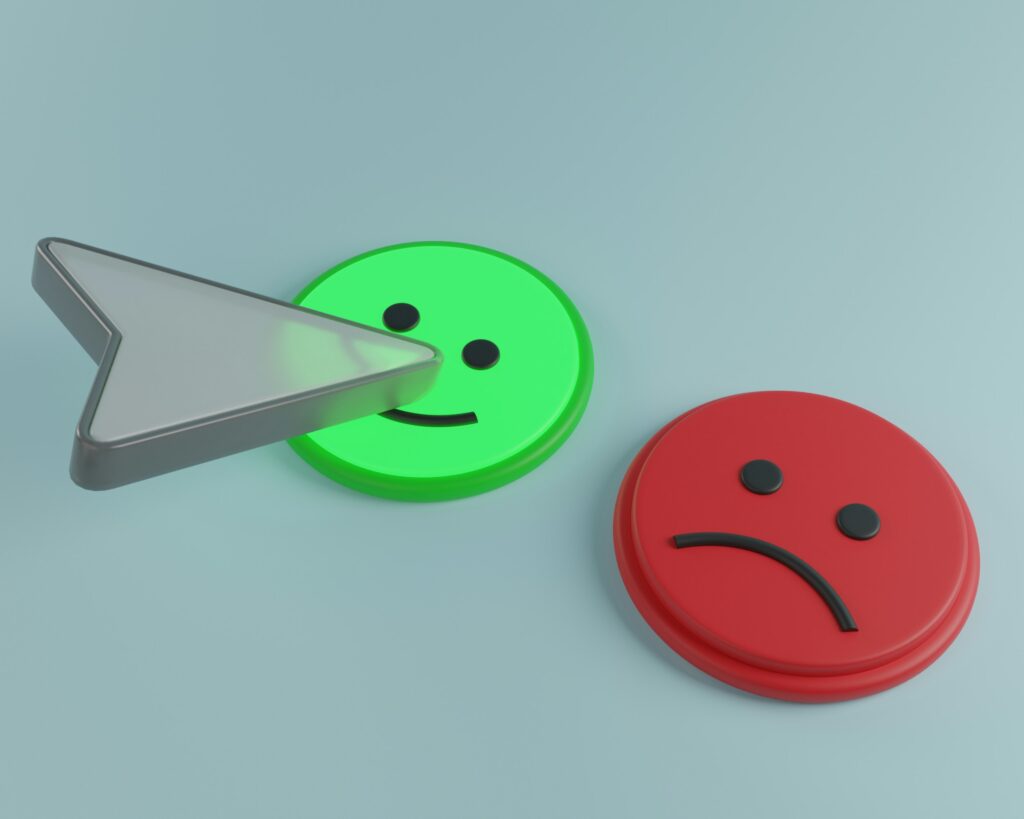Negativity is all around us. In a world where social media and reality TV dictate how we should think and act, it’s no wonder that anxiety is at an all-time high. Unfortunately, it’s easy to get caught up in the doom and gloom, especially during the stress of the holidays.
When you immerse yourself in focusing on the negative daily, you feel drained and anxious thoughts engulf your mind.
Luckily, you can consciously decide to eliminate or reduce anxiety by taking practical steps to resist negative thoughts each day.
Use these strategies to stay positive when there’s negativity all around you:
- Don’t take things too personally. It’s easy to get wrapped up in worrying others think or say about you; first of all, remember you are not a mind reader. Oftentimes we imagine what people are thinking, and we are very far from the truth. Maybe a friend didn’t say hello to you on the street because they didn’t notice you or hear you greet them. Maybe they were distracted by a worry or a personal crisis. We have all been there. So jumping to the conclusion that they don’t like you anymore is probably not accurate or helpful. If someone snaps at you, maybe they are having a bad day, but even if they express a negative opinion of something you have done, their opinion is just that – an opinion; there might be personal reasons for their outburst. In any case, if someone is hostile towards you, it’s more a reflection of them than you. So, don’t take it to heart and let it bring you down.
- Observe your thoughts and realize when you’re mindreading or taking things too personally. Observing your thoughts will help you catch yourself before getting too caught up in them.
- Stop and look at the situation objectively. Try to see both sides of the story and understand the other person’s actions.
- Challenge your beliefs – is there another way of looking at the situation? Do you engage in a lot of negative self-talk? Many people find when they listen to their inner dialogue, there are lots of negative statements such as “I’m so stupid”, and “people think I am boring” Are your beliefs about yourself even true? Where did they come from, your childhood bully maybe?
- Focus on yourself, instead of worrying about what others think.
- Don’t compare yourself to others. Comparison will destroy your mood. You have distinct talents and gifts, so comparing yourself to others is pointless. It’s like comparing kiwis to oranges – they’re both fruit, but they’re entirely different.
- Instead, embrace your uniqueness and take advantage of your distinctive traits and features.
- Focus on your journey and what you want to achieve.
- Remember that everyone is different. We all have different backgrounds, experiences, and stories. Just because someone seems to have it all together doesn’t mean that they aren’t fighting a personal battle of their own. Everyone is wearing their social mask in public and so are you. Others cannot see past how you present yourself either. You probably seem to have it all together as well.
- Hang out with positive people. Negative people are contagious. If you’re around them long enough, their negativity will rub off on you. However, positivity is also contagious! So, it’s essential to spend time with people that will uplift your mood.
- Look for people who uplift you and make you feel good. When you’re around them, do you feel happy and positive? Or do they bring your mood down?
- Find people with similar interests. If you have things in common, you’ll be more likely to have enjoyable conversations and experiences with them.
- You can find new friends by going to events, seeking new hobbies, volunteering, and spending time in online meetup groups. Try not to isolate, especially during the holidays.
- Be open-minded – don’t write someone off just because they seem different from you. Keep an open mind and embrace people’s differences.
- Take care of your physical and mental health. Taking care of your physical and psychological health is crucial. If you’re not taking care of yourself, resisting anxiety is hard. So, ensure that you’re eating right, getting enough sleep, and exercising regularly.
- And if you’re struggling with mental health issues, don’t be afraid to seek help from a professional.
- Eat a balanced diet. Focus on eating whole, unprocessed foods. If you can, consult a nutritionist, as they can provide a comprehensive diet plan for you to follow.
- Get enough sleep. Most adults need around eight hours per night. Disconnect from electronic screens at least an hour before bedtime. If you’re not getting enough sleep, you’ll be more susceptible to stress and anxiety.
- Exercise regularly. Exercise releases endorphins, which help boost your mood. Even a small amount of activity can make a big difference in your mental health. Try to get at least 30 minutes of exercise each day. Try walking, cycling, swimming, or dancing.
- Find your passion. When we’re passionate about something, staying positive is much easier. So, find something you’re passionate about and pour yourself into it. Try to remember some things that you have loved in the past and try them again.
- When you’re passionate about something, you’re more likely to be engaged in life and see the world positively.
- You’ll have a sense of purpose. Having a sense of purpose is linked to happiness and well-being. And what could be more purposeful than immersing yourself in your passion?
- You’ll be more resilient. When you’re passionate about something, you’re more likely to bounce back from setbacks. Even when things are tough, you have a powerful reason to keep going.
- Be grateful for the good things you have. It’s easy to take the good things in our lives for granted. But when we stop and think about our blessings, it’s hard to stay negative. So, take a moment each day to reflect on the good things in your life, no matter how small they may be.
- You’ll appreciate life more.
- You’ll be happier – gratitude and happiness go hand in hand. Studies have shown that grateful people are 25% more content than those who don’t practice gratitude.
- Gratitude also makes you more resilient. When you’re grateful for the good things in your life, it’s easier to bounce back from difficult times.
If you find yourself surrounded by negativity and catastrophization, don’t despair! There are plenty of things you can do to stay calm. Remember to take things slowly, be grateful for the good in your life, and seek positive and like-minded people. If you follow these tips and keep an open mind, with a little effort, you’ll be feeling better in no time!
Clear Mind Counseling provides quality empathetic care for those dealing with anxiety and depression. We are based in Princeton, NJ, and can assist individuals across all of New Jersey.


